South Eastern Europe Centre for Missing and Exploited Children (SEEC)
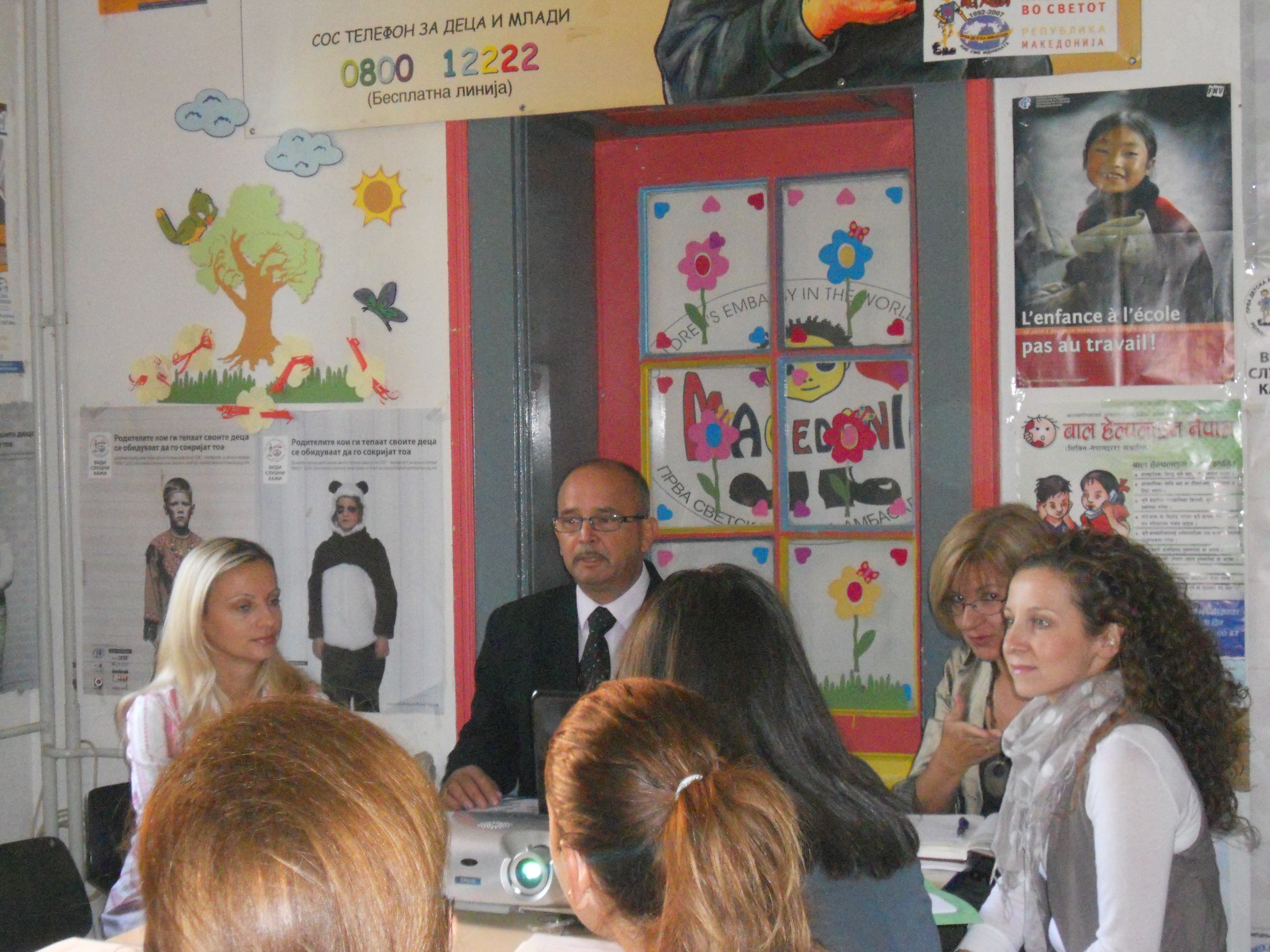 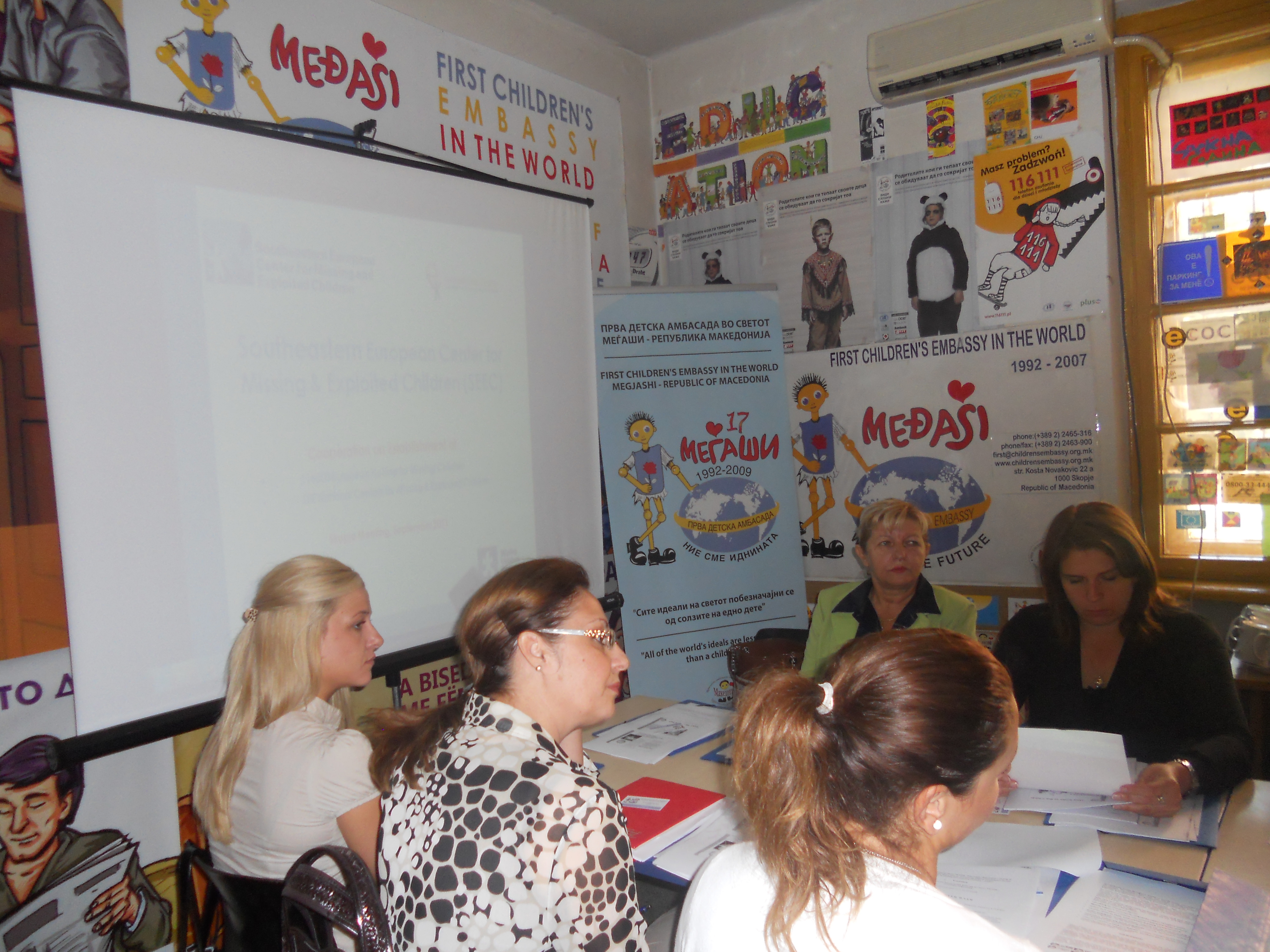
On September 29, 2011, The First Children’s Embassy in the World Megjashi and South Eastern Europe Centre for Missing and Exploited Children (SEEC) in the premises of the Children’s Embassy Megjashi had a meeting during which it was discussed about the possibilities of implementation of the number 116 000 for a helpline of missing children in the Republic of Macedonia, as well as the possibilities for establishing Macedonian National Centre for Missing and Exploited Children.
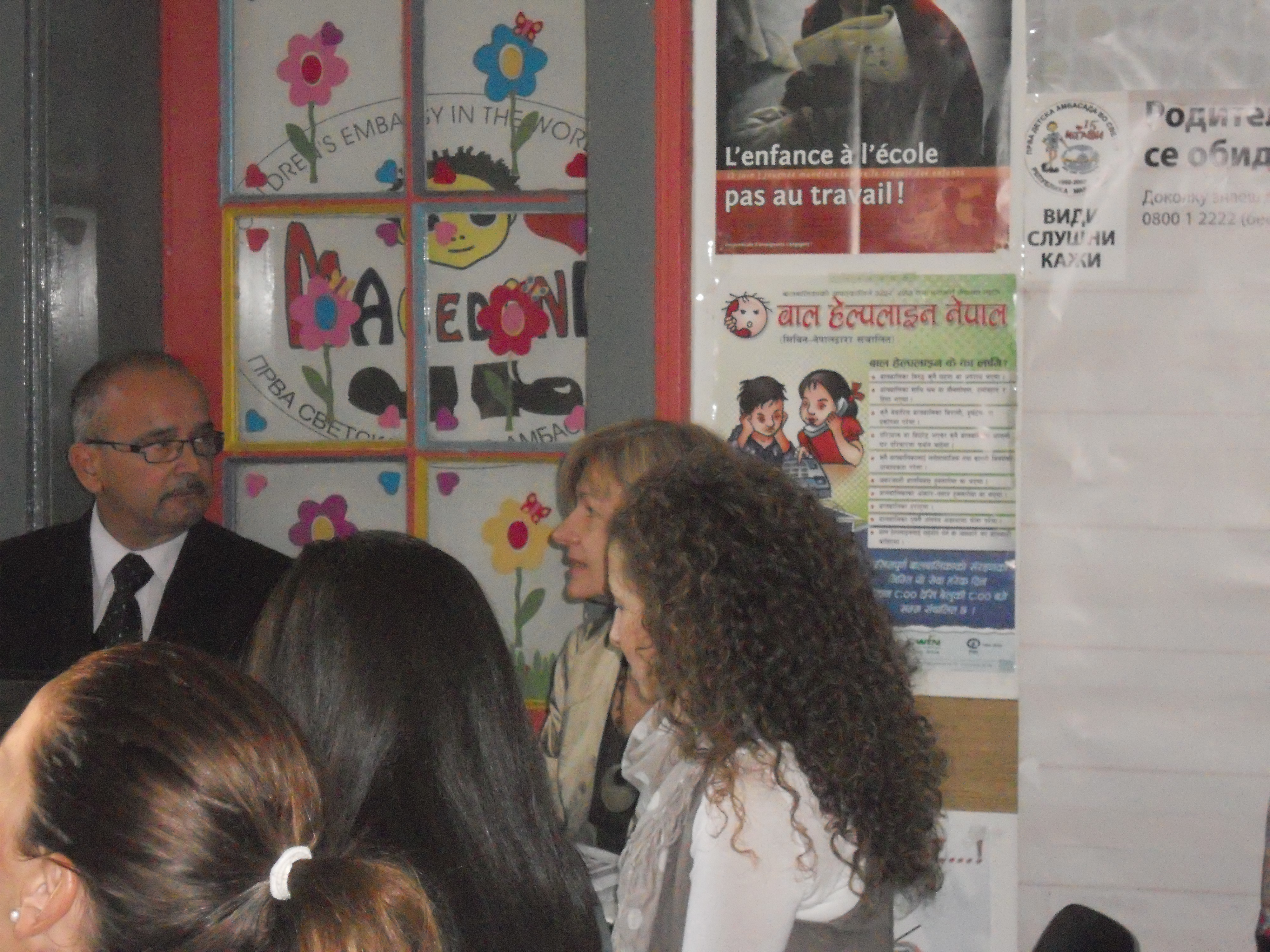 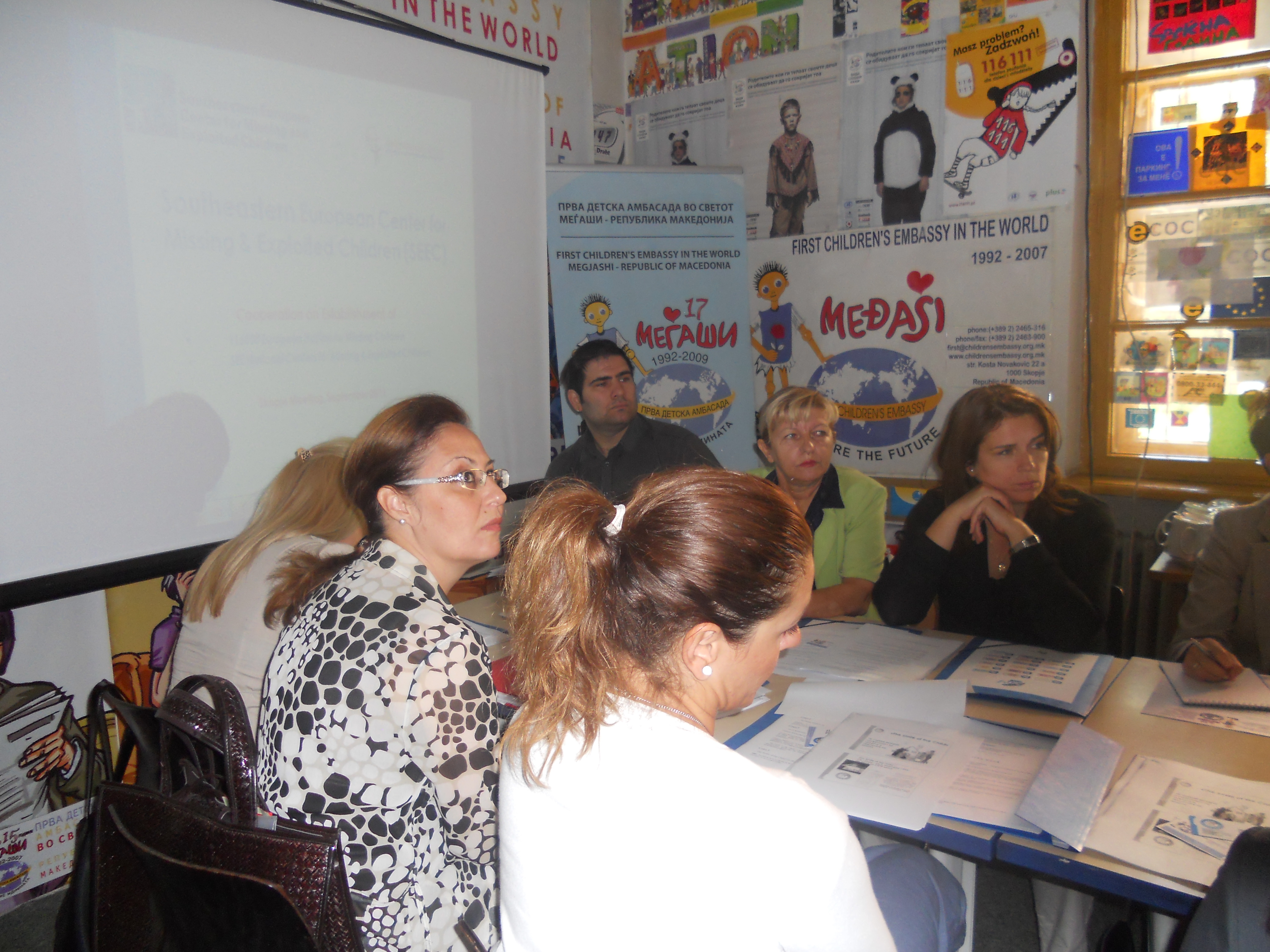
The meeting was organised at the initiative of the Greek non-governmental organisation “The Smile of the Child” which due to the expansion of activities in the Republic of Macedonia contacted the First Children’s Embassy in the World Megjashi with a suggestion of a possible collaboration in order to achieve this goal and to ensure our assistance in organising this meeting and inviting participants. The Children’s Embassy Megjashi and The Smile of the Child (more information at http://www.hamogelo.gr) are members of the Child Helpline International (an international network of SOS helplines, more information at http://www.childhelplineinternational.org).
The South Eastern Europe Centre for Missing and Exploited Children (SEEC) was formed in 2010 as a result of the joint activities between the Greek non-governmental organisation “The Smile of the Child” and the International Centre for Missing and Exploited Children (ICMEC).
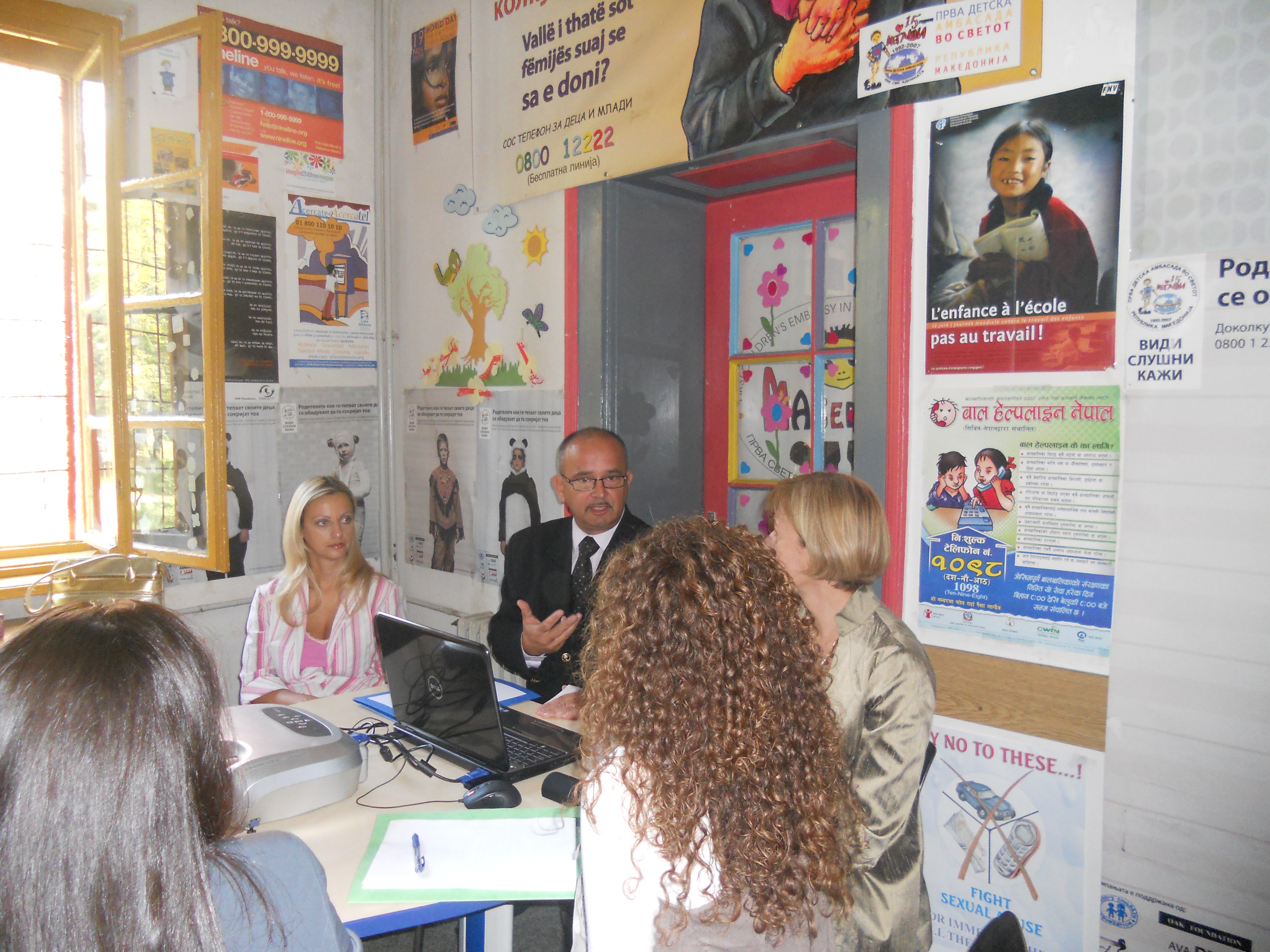 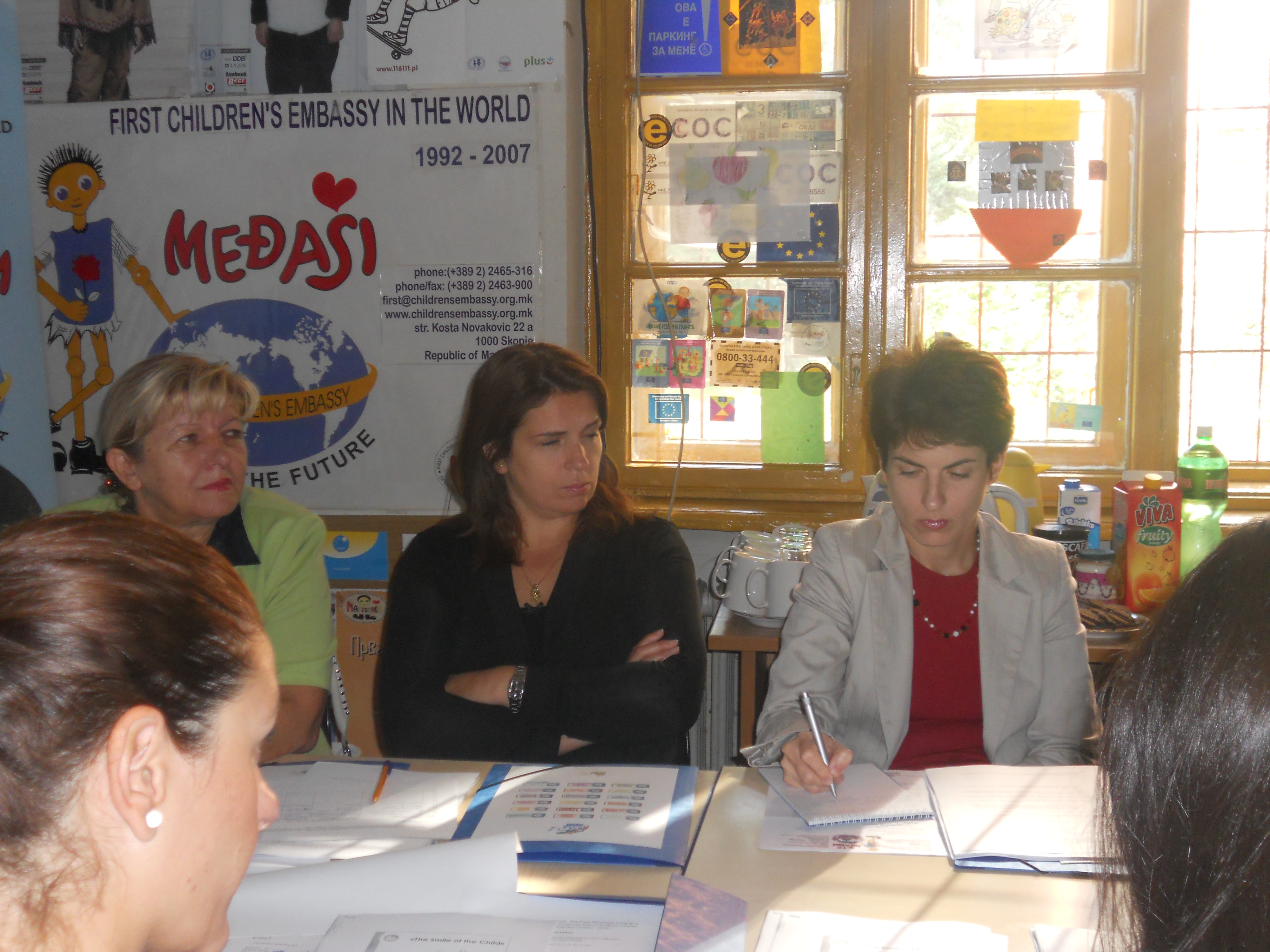
SEEC’s mission is to take actions for collaboration, exchange and expansion of the best practices between all relevant institutions in South Eastern Europe for efficient dealing with the growing issue of missing and exploited children. SEEC encourages an open partnership on all levels, with the aim of caring out activities for locating and returning the missing children, decreasing all types of child abuse, as well as activities for constant protection of children’s rights. Currently, due to the situation in the SEE region , SEEC is working under the Greek NGO “The Smile of the Child” which has been working actively in the field of protection of children’s rights for 15 years.
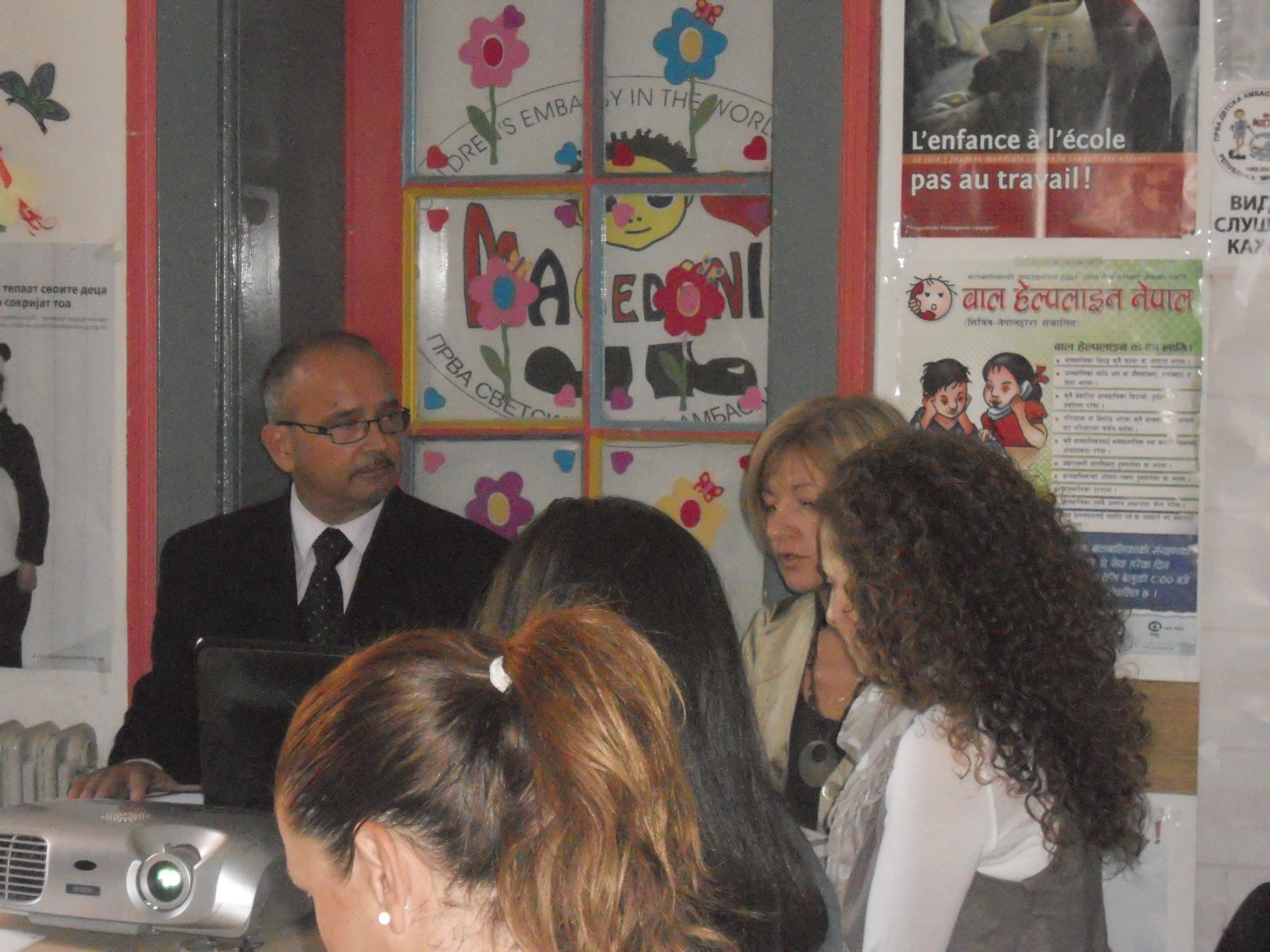 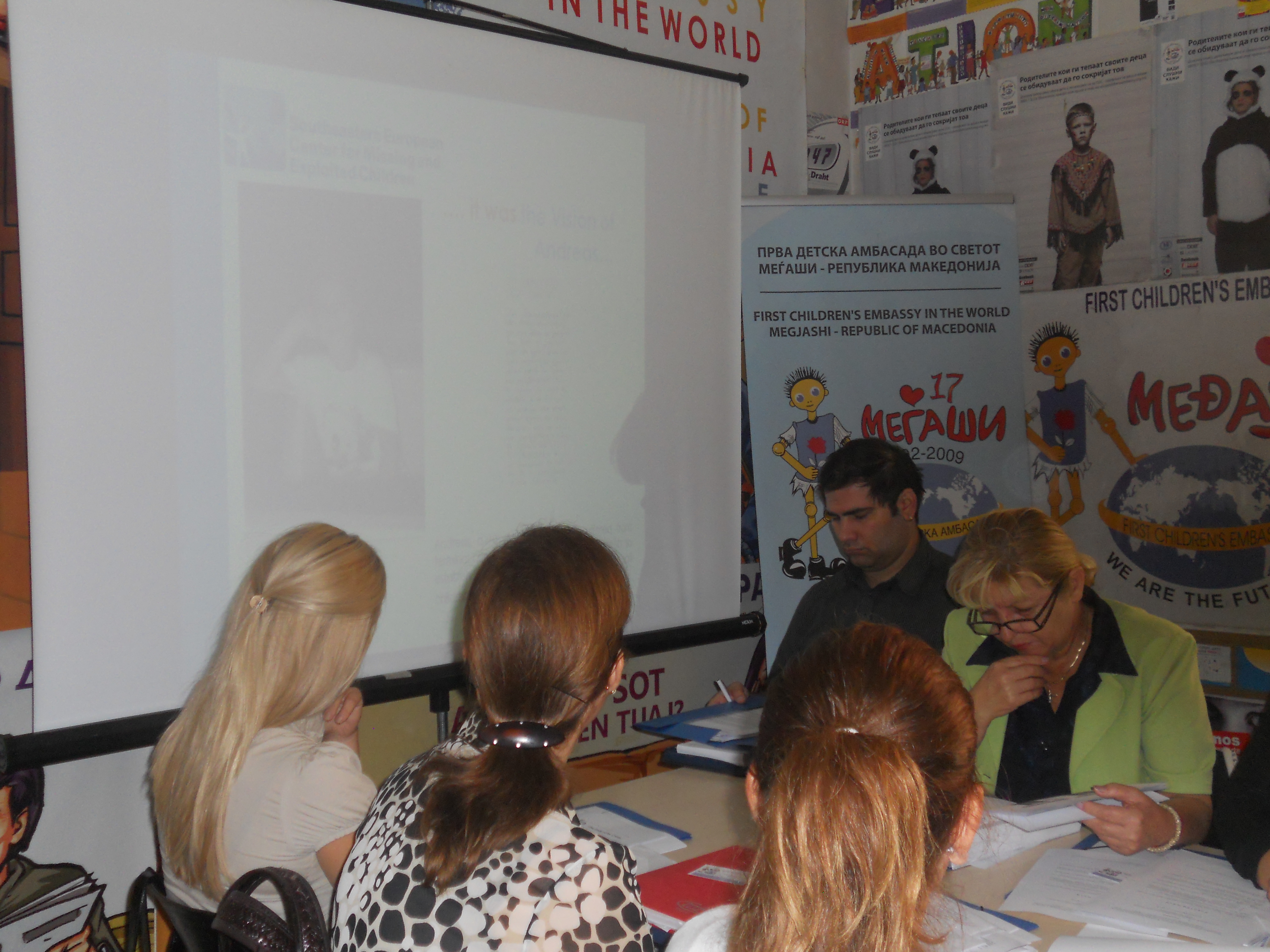
According to the Action Plan for 2011, SEEC has made two field visits in the SEE region. There were organized meetings in Belgrade, Serbia and Zagreb, Croation with governmental representatives and representatives of the civic sector focusing on the cooperation for opening 116 000 -the European helpline for missing children, as well as SEE National Centres for Missing and Exploited Children in these countries.
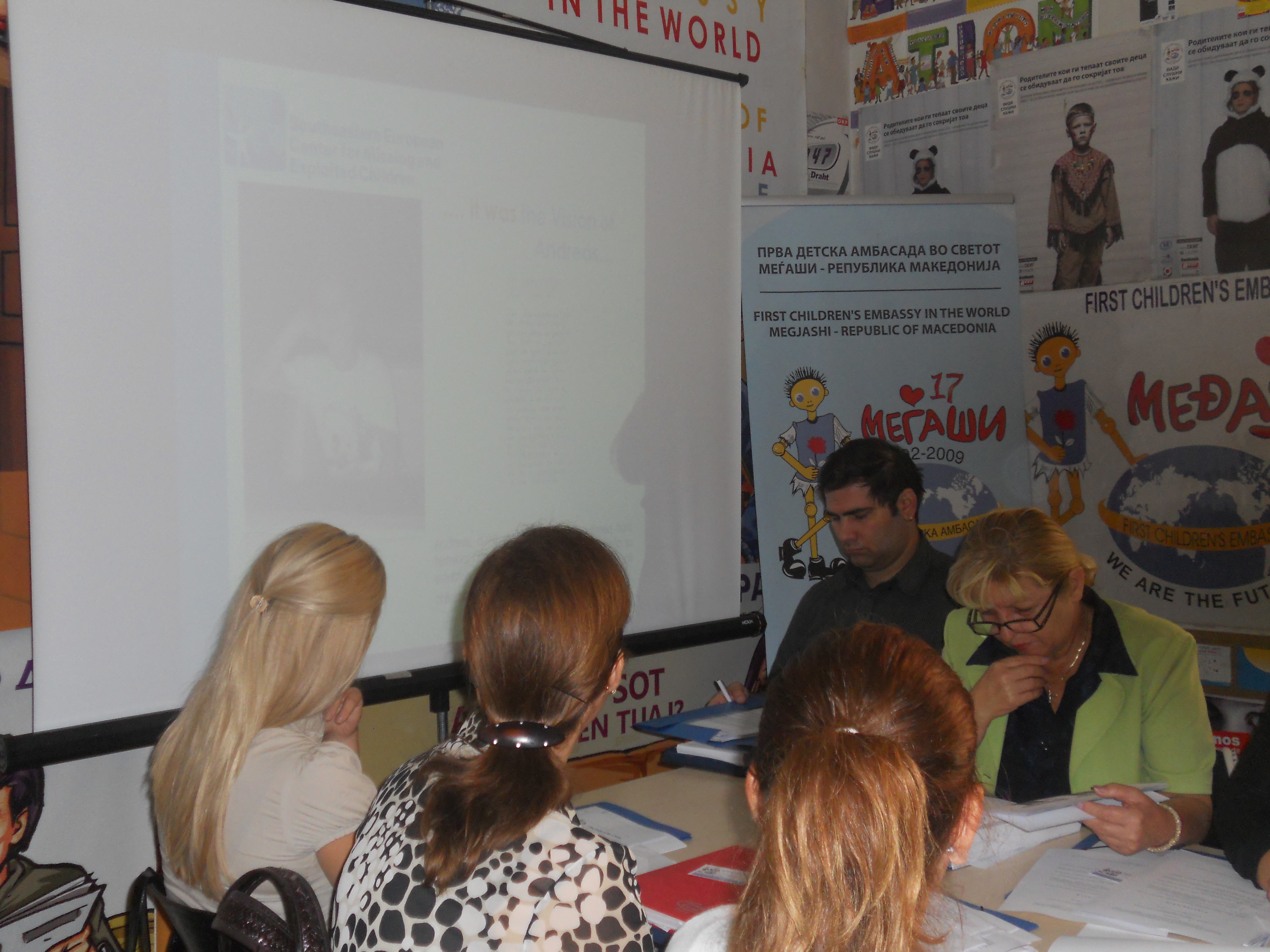 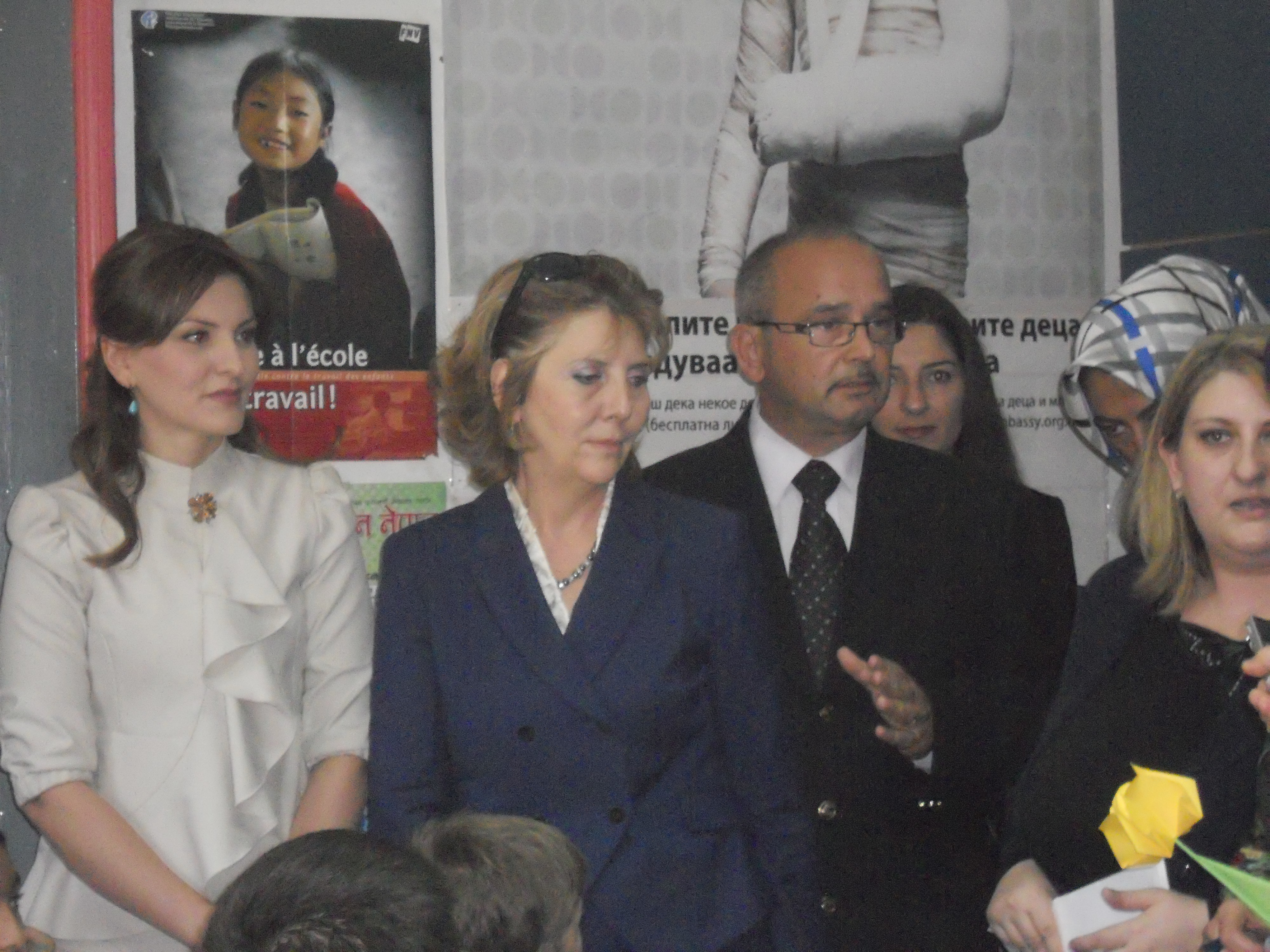
Due to the fact that implementation of 116 000, the European Helpline for missing Children and the establishing of the National Centre for Missing and exploited Children can be achieved only through collaboration with the government and non-governmental relevant institutions in the country, on the meeting there were representatives from the Ministry of Labour and Social Policy, the Ministry of Foreign Affairs, the Agency for Electronic Communications, the Ombudsman’s Office, the National Commission for Children’s Rights in the Republic of Macedonia, the Centre for Social Work as well as representatives of the Macedonian National Coalition of Civic Organisations for the Rights of the Child (Open Gate La Strada and HOPS) and a representative of the UNHCR mission in the Republic of Macedonia.
During the meeting, it was mentioned about the steps the First Childen’s Embassy Megjashi has already taken for harmonizing the SOS hotline for Children and Youth 0800 1 2222 with the European hotline for Children and Youth 116 111. This is also one of the recommendations of the UN Committee on the Rights of the Child sent last year to the government of the Republic of Macedonia in which it pointed out:
“The Committee noted the 24 hour free SOS Hotline for Children and Youth which is operated by a non-governmental organization, but is worried that it does not have a long term financial support and about the fact that it is available from only one land line telephone operator and is not available from mobile phones”.
The Committee recommends that the member country ensures the continuity, including and with separation of the adequate finances, for a free 24 hour helpline, to expand its capacity for receiving phone calls from all telephone operators, to assign the line of the harmonized six digit European number 116 111 and to recognize it as an information and data source for the policies and laws on children’s rights and as a tool for early intervention and prevention.
|